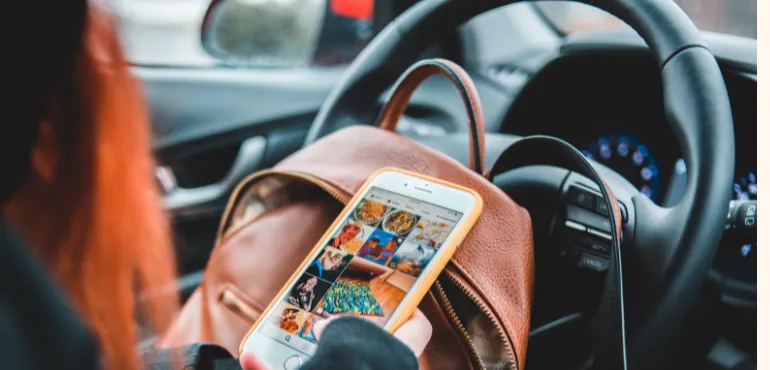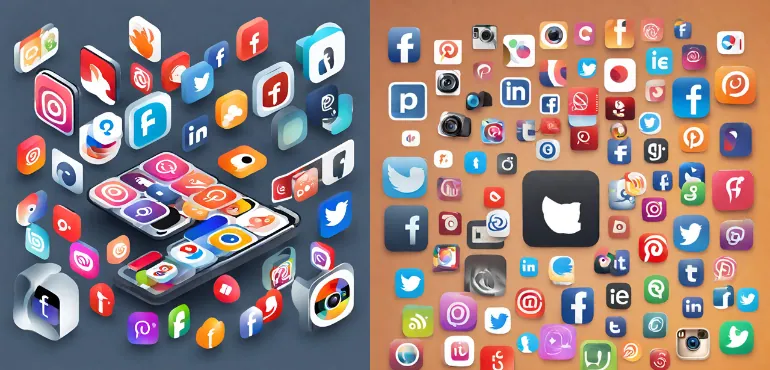There is no item in your cart
- We are creative, ambitious and ready for challenges!Hire Us
Social Media App
Social Media App
Social Media App
Social Media App community
We all know how much social media has become a part of our daily lives. From sharing our thoughts, opinions, and experiences to connecting with friends and family, social media has changed the way we interact with the world. With the rise of social media apps, we have access to a platform that allows us to share our lives with a wider audience. However, with the increase in usage, there are concerns about the impact of social media on our mental health.
Social Media Experienced
Recently, experts have been studying the effects of social media networking on our well-being. The findings of these studies have been both surprising and concerning. In this blog post, we will take a closer look at these studies and explore what they mean for us as social media users.
One of the studies that have been conducted is about the correlation between social media use and depression. According to the study, people who spent more time on social media experienced higher levels of depression than those who did not use social media as much. The study also found that people who were more active on social media were more likely to compare themselves to others, leading to feelings of inferiority.
Another study focused on the impact of social media on self-esteem. The study found that social media use was linked to lower self-esteem levels, especially in younger people. The study found that the constant comparison to others on social media can lead to feelings of inadequacy and low self-worth.
Project Result & Benefits of Project
Additionally, social media has been linked to sleep deprivation. A study found that the blue light emitted by electronic devices, including smartphones, tablets, and laptops, can interfere with sleep. This can lead to daytime fatigue, decreased productivity, and even depression.
Another study found that social media can be addictive. The constant notifications, likes, and comments can trigger the release of dopamine, the pleasure hormone, in our brains. This can lead to a dependence on social media, making it difficult to disconnect from the online world.
While these studies paint a concerning picture of social media, it is important to note that social media can have positive effects as well. Social media can be a source of support, especially during difficult times. It can also be a platform for education and raising awareness about important issues.
Impact on our health
As social media users, it is essential to take steps to protect our mental health. This includes limiting the amount of time we spend on social media, taking breaks from social media, and being mindful of our feelings when using social media. It is also important to seek support from friends, family, or professionals if we are struggling with mental health.





